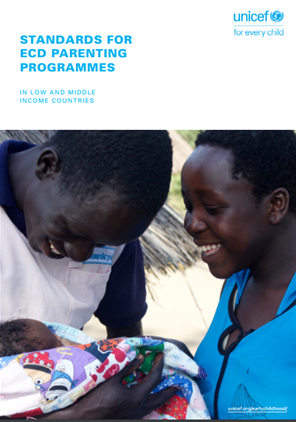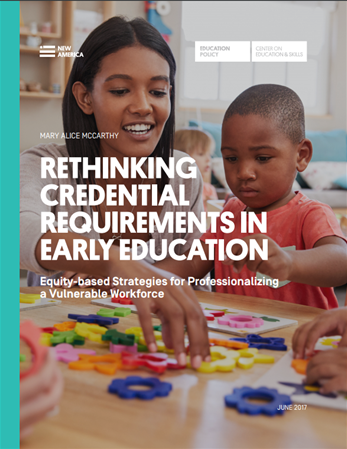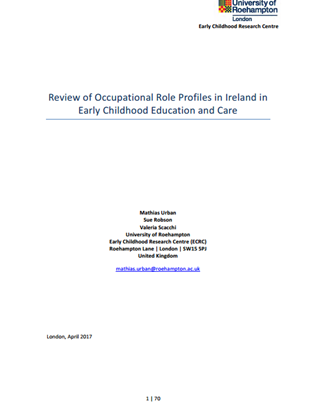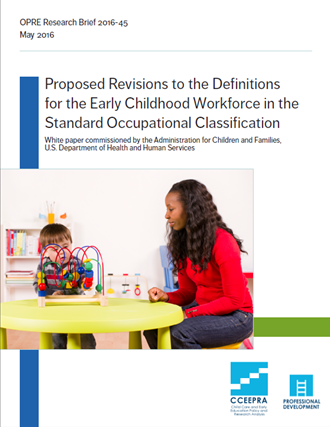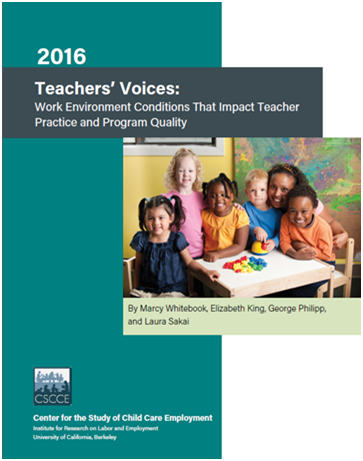Skills Framework for Early Childhood Care and Education
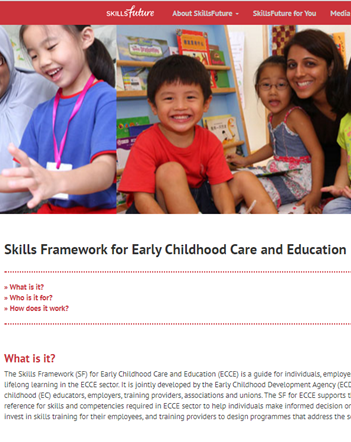
The Skills Framework is a SkillsFuture initiative developed for the Singapore workforce to promote skills mastery and lifelong learning. Jointly developed by SkillsFuture Singapore (SSG), Workforce Singapore (WSG) and the Early Childhood Development Agency (ECDA), and together with employers, industry associations, education and training providers and unions, the Skills Framework for Early Childhood Care and Education (ECCE) provides useful information on:
- sector and employment opportunities
- career pathways
- occupations and job roles
- existing and emerging skills
- training programmes for skills upgrading and mastery
With the Skills Framework, individuals are equipped to make informed decisions about career choices, as well as take responsibility for skills upgrading and career planning.
The Framework provides an overview of the 5-must-knows for a fulfilling career in the ECCE sector. These are: 1) Why ECEC quality is important; 2) What it takes to be an inspiring ECEC professional; 3) What’s next for ECEC professionals; 4) Where the opportunities are; and 5) How the government supports ECEC professionals. The Framework also provides an overview of the career pathways in ECEC field and is accompanied by the ECCE Skills Map which details the skills for each of the ECCE occupations. The components within the Skills Map and brief descriptions are as follows: 1) ECCE occupations; 2) skills categories; 3) skills; and 4) training programmes
Authors: Year of Publication:2017
www.skillsfuture.sg


